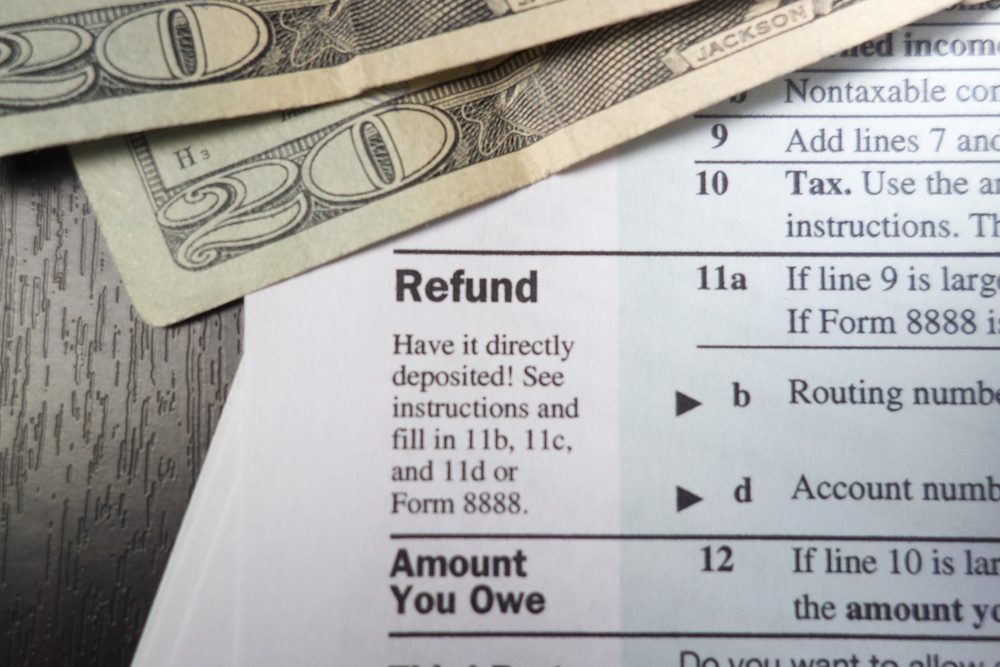
6. Bitcoin
While Bitcoin can be used to purchase a variety of services and goods, the IRS considers Bitcoin and other cryptocurrencies to be an asset. If the Bitcoin you used to buy something is worth more than you paid for it, the IRS expects you to pay taxes on your profits at capital gain rates—just like bonds and stocks.
Also be aware that, as more and more people start to use virtual currency, the IRS is starting to keep a more careful eye on it. For example, since 2019, internal revenue agents have been sending letters to Americans who may not have reported transactions in cryptocurrencies.
Also, the 2021 Form 1040 included a line asking you if you sold, received, exchanged, sent, or otherwise acquired any financial interest in any digital currency during the next tax year.
Some virtual currency platforms are issuing statements that show a record of their transactions. Even if you didn’t receive a statement, you’re still responsible for paying taxes on any gains earned in crypto.
If your employer pays your wages in Bitcoin or some other digital currency, you must report it on your W-2 form, and you must also include the fair market value of the cryptocurrency in your income.









